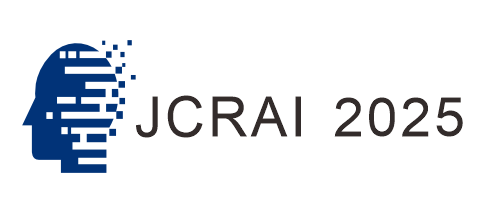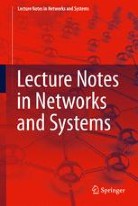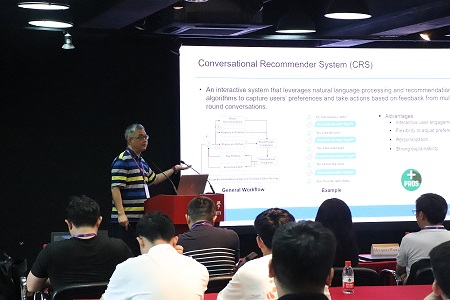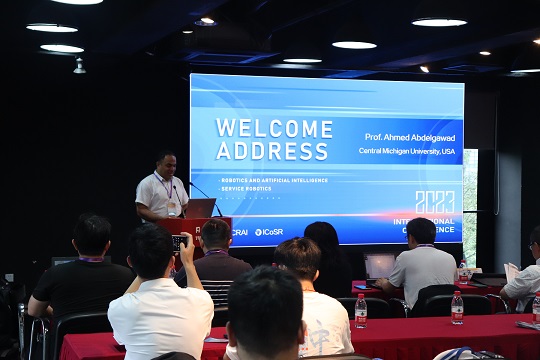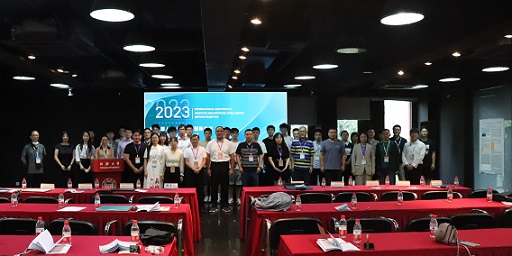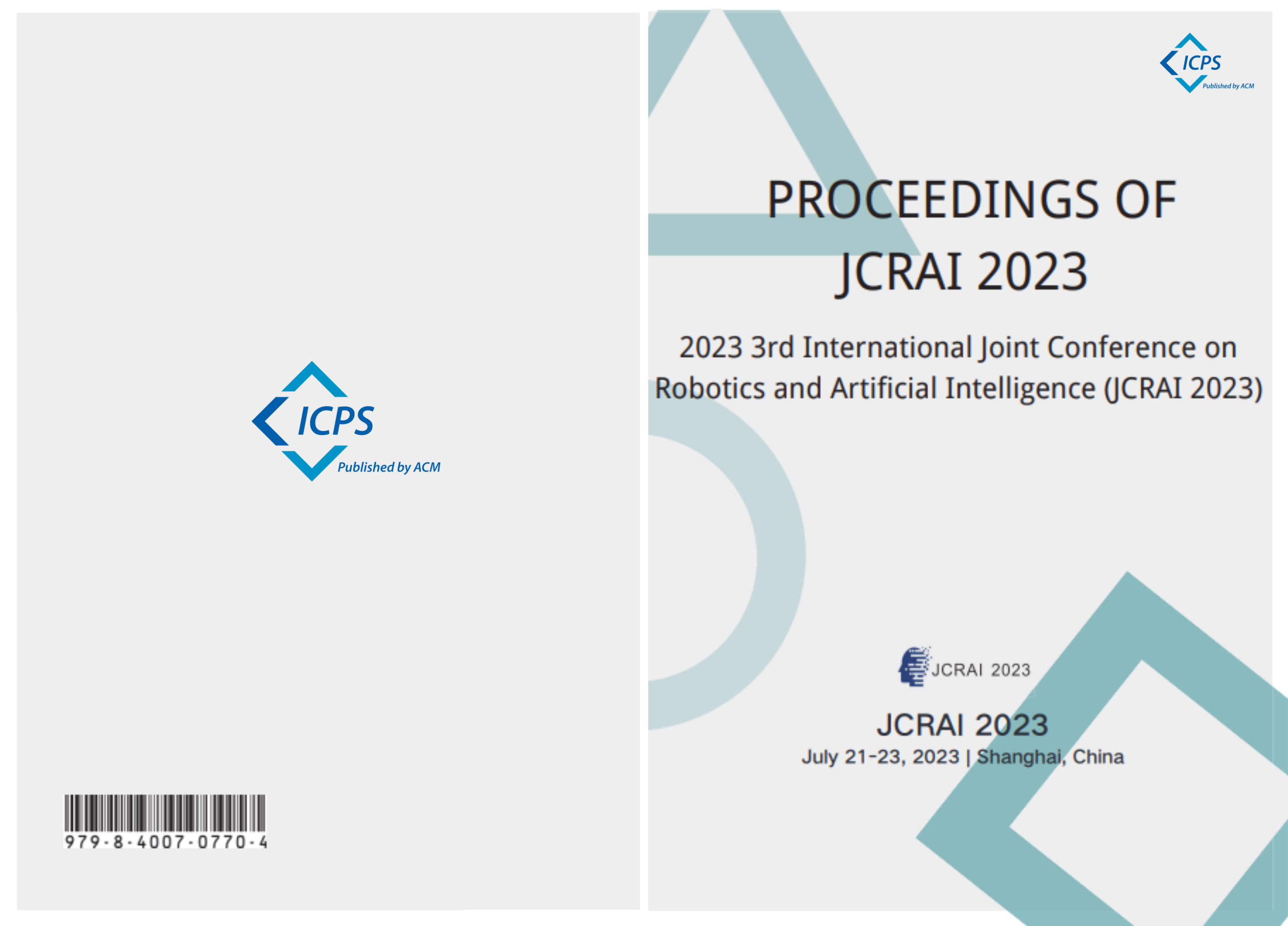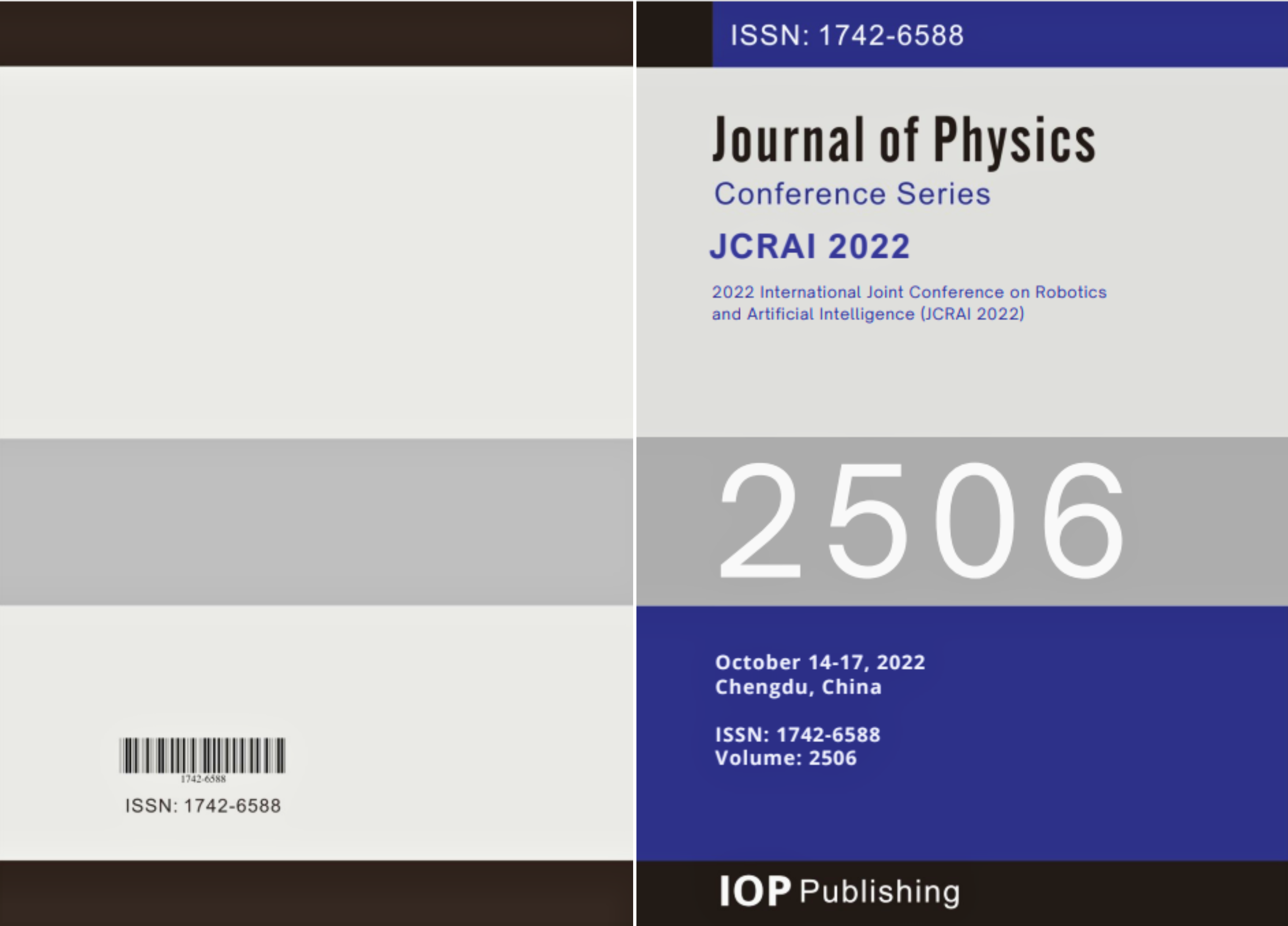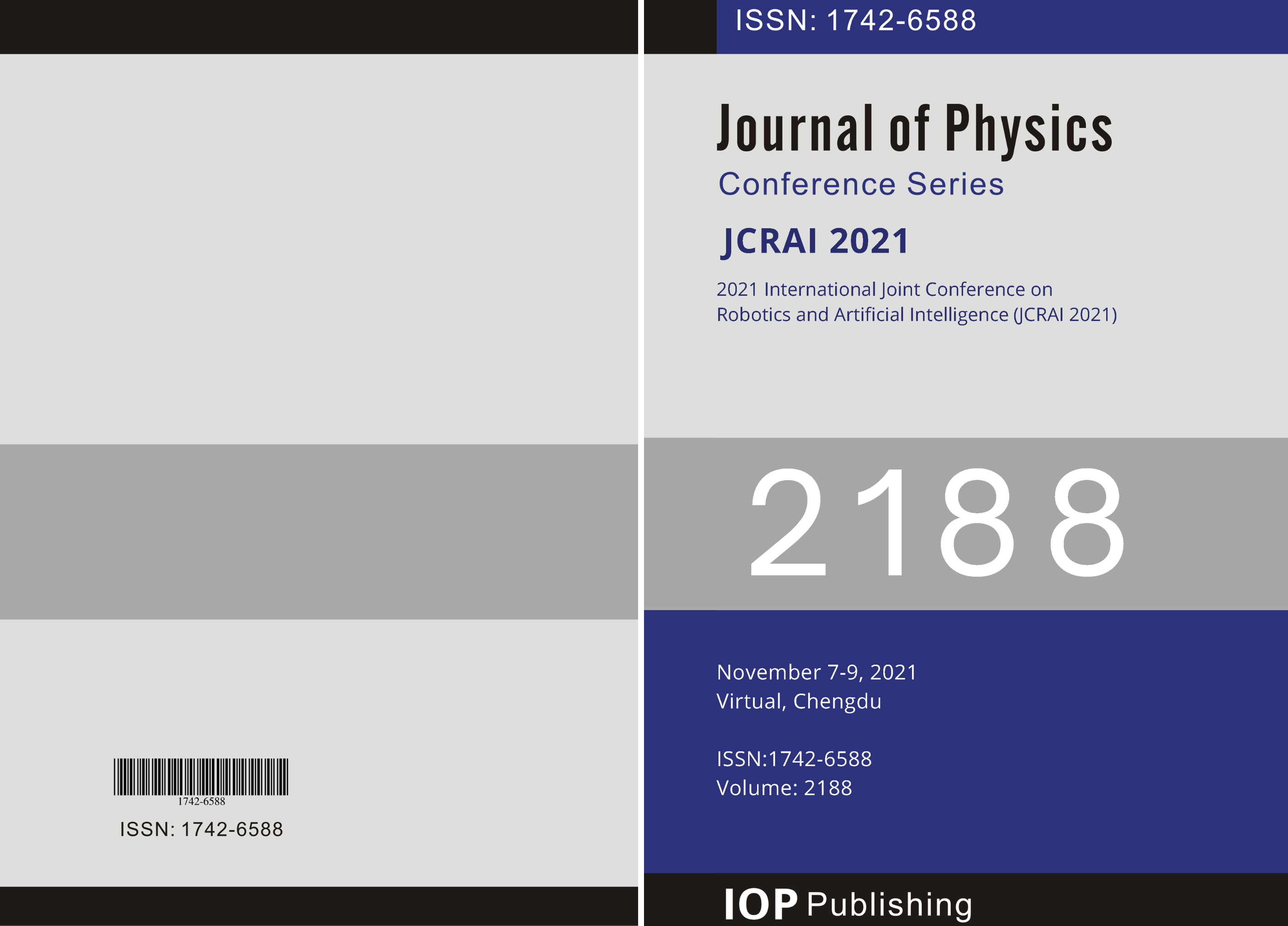Yinchuan, China | JCRAI 2025
We invite you to join the 2025 5th International Joint Conference on Robotics and Artificial Intelligence (JCRAI 2025), organized by China Society of Image and Graphics, hosted by North Minzu University, Northwestern Polytechnical University, Technical Committee on Imaging, Detection and Perception and The Key Laboratory of Images and Graphics Intelligent Processing of State Ethnic Affairs Commission: IGIPLab, which will take place in Yinchuan, China during July 11-13, 2025. This conference is a forum for researchers, scientists, engineers and industry professionals to share the latest advances in the field of Robotics and Artificial Intelligence.
Attending this conference is an ideal way to stay up-to-date with the latest developments in this rapidly evolving field. Leading experts from around the world will be presenting their latest research and valuable experiences through superb speeches, presentations, and intellectual dialogues. We look forward to seeing you in Yinchuan for JCRAI 2025!
Conference Organizers of JCRAI 2025
News | 会议新闻
![]() 【2025.4.9】Selected excellent papers with a significant extension are eligible to be further recommended to be published in SCI journals after review. For more details, please click here.
【2025.4.9】Selected excellent papers with a significant extension are eligible to be further recommended to be published in SCI journals after review. For more details, please click here.
![]() 【2025.3.18】The conference proceedings of JCRAI 2024 have been published by ACM ICPS and indexed by Ei Compendex and Scopus.
【2025.3.18】The conference proceedings of JCRAI 2024 have been published by ACM ICPS and indexed by Ei Compendex and Scopus.
![]() 【2025.3.1】We are glad to have Prof. Lei Zhang from Northwestern Polytechnical University, China to give us a keynote speech.
【2025.3.1】We are glad to have Prof. Lei Zhang from Northwestern Polytechnical University, China to give us a keynote speech.
![]() 【2025.2.28】Warmly welcome to Prof. Huiyu Zhou from University of Leicester, United Kingdom for being the keynote speaker of JCRAI 2025!
【2025.2.28】Warmly welcome to Prof. Huiyu Zhou from University of Leicester, United Kingdom for being the keynote speaker of JCRAI 2025!
![]() 【2024.9.20】JCRAI 2025 will be held in Yinchuan, China during July 11-13, 2025. The submission portal is now open for authors. Click
【2024.9.20】JCRAI 2025 will be held in Yinchuan, China during July 11-13, 2025. The submission portal is now open for authors. Click
![]() 【2024.2.10】JCRAI 2023 conference proceedings have been published by ACM ICPS and indexed by Ei Compendex and Scopus.
【2024.2.10】JCRAI 2023 conference proceedings have been published by ACM ICPS and indexed by Ei Compendex and Scopus.
Important Dates | 重要日期
Final Round
Abstract Submission Due: June 10, 2025
Full Paper Submission Due: June 20, 2025
Author Notification: June 28, 2025
Registration Due: July 10, 2025
Camera-ready Submission Due: July 10, 2025
Main Conference: July 11-13, 2025
Publication | 论文出版
All accepted and presented papers will be published in the JCRAI 2025 digital conference proceedings, and published in the Springer Book Series-Lecture Notes in Networks and Systems (ISSN: 2367-3389), which will be sent for review and submitted for indexing by major citation databases such as Ei Compendex, Scopus etc. No-show papers will not be included in the conference proceedings.
Submission | 投稿指南
We are pleased to accept original and unpublished paper submissions from professors, doctors, PhD. students, teachers, engineers, industry researchers, and other academic experts for JCRAI 2025. Please note that submitted papers must not have been previously published or accepted for publication elsewhere.
If you are planning to submit a full paper, there is no need to submit an abstract beforehand. You may submit the full paper directly once it is completed.
To ensure that your paper meets the conference standards, please make sure to use the conference templates.
Please submit your paper or abstract through the online submission system. (Please try to use Google Chrome if you encounter any issues during your submission or registration process. You may also contact us at 028-85575979 for any assistance.)
Conference Registration | 会议注册
CNY Payment: 请于7月11日前使用微信扫描下方二维码报名注册

USD Payment: Please click here for conference registration
Recommended Journal | 推荐期刊
 Computer Methods in Applied Mechanics and Engineering (Chinese Academy of Sciences Q1; ISSN: 1879-2138, IF: 7.2; indexed in SCI, EI and Scopus)
Computer Methods in Applied Mechanics and Engineering (Chinese Academy of Sciences Q1; ISSN: 1879-2138, IF: 7.2; indexed in SCI, EI and Scopus)
 Computational Mechanics (Chinese Academy of Sciences Q2; ISSN: 1432-0924, IF: 4.1; indexed in SCI, EI and Scopus)
Computational Mechanics (Chinese Academy of Sciences Q2; ISSN: 1432-0924, IF: 4.1; indexed in SCI, EI and Scopus)
Previous Speakers | 历届主讲嘉宾
 |  |  |  | |||
Prof. Fuchun Sun Tsinghua University, China IEEE Fellow, CAAI Fellow and CAA Fellow | Prof. Li Zhang The Chinese University of Hong Kong, China IEEE Fellow | Prof. Dongrui Wu Huazhong University of Science and Technology, China IEEE Fellow | Assoc. Prof. Haoyong Yu National University of Singapore, Singapore | |||
 |  |  | |  | ||
Prof. Guandong Xu University of Technology Sydney, Australia IET Fellow and ACS Fellow | Prof. Jan Peters TU Darmstadt, Germany IEEE Fellow, ELLIS Fellow and AAIA Fellow | Prof. Jan Treur Vrije Universiteit Amsterdam Netherlands | Prof. Robert Babuska Delft University of Technology Netherlands |
Publication History | 出版历史
|
|
|
|
JCRAI 2024 (ISBN: 979-8-4007-1010-0) Ei Compendex and Scopus | JCRAI 2023 (ISBN: 979-8-4007-0770-4) Ei Compendex and Scopus | JCRAI 2022 Ei Compendex and Scopus | JCRAI 2021 Ei Compendex and Scopus |
Call for Special Sessions
JCRAI 2025 proposals for special sessionsF within the technical scope of the conference. Special sessions supplement the regular program of the conference and provide a sample of state-of-the-art research in both academia and industry on special, novel, challenging, and emerging topics. We warmly invite scholars, researchers, and professionals to apply for the position of Session Chair for JCRAI 2025. This is a unique opportunity to contribute to the academic community, shape the content of the conference, and engage with leading experts in the field.
Each approved proposal will be allotted a programming time slot for no less than 90 minutes(6 presentations at least) in the conference program.
If you are interested in applying, please fill out the application form provided below and send it to email@jcrai.org. The special session is open for proposals before May 8th, 2025.
